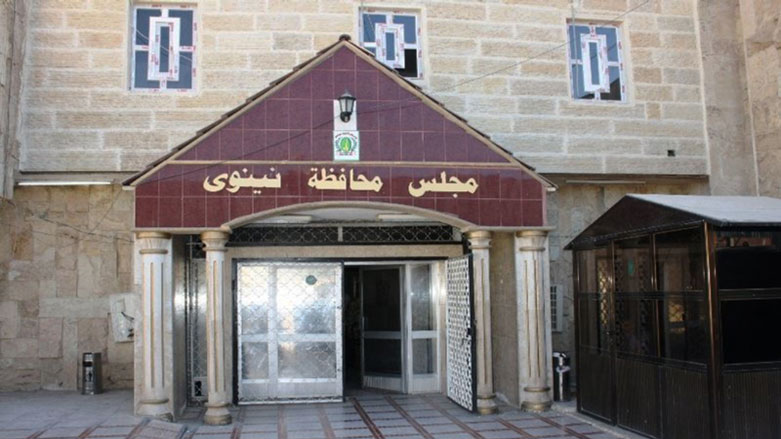Iraq's Nineveh picks Yezidi as head of provincial council

ERBIL (Kurdistan 24) – In a session held on Wednesday, the provincial council of Nineveh elected as its head Saido Chato, a member of the Yezidi (Ezidi) religious minority that became known to many in 2014 for acts committed against them by the Islamic State widely characterized as genocide. Nineveh is home to many ethnic and religious groups and its capital is the embattled city of Mosul.
Chato replaces outgoing member Bashar Kiki who secured a seat in the Iraqi parliament during the May 12 national election.
“In an open vote and by majority, Saido Chato, a member of the Nineveh Provincial Council (NPC) and head of the Brotherhood Faction was elected as the Chairman of the NPC,” a source told Kurdistan 24 shortly after the session, held in the official body’s temporary office in the Kurdistan Region’s city of Duhok.
The Brotherhood Faction, comprised of the Kurdistan Democratic Party (KDP) and Patriotic Union of Kurdistan (PUK), holds the majority of seats on the council, per the election results from the provincial council elections of 2013. Out of a total 32 seats on the council, the KDP claims 15, including three as part of a quota system, and the PUK holds two.
Chato is from the Khana Sor subdistrict of Sinjar (Shingal) and was elected as a member of the KDP – from which he received a strong backing during the session – and later was picked as the head of the Brotherhood Faction.
Ezidis make up the largest portion of the population in Shingal District and have long expressed fears of their numbers being further depleted in Nineveh by forced demographic change enacted by the central Iraqi government in Baghdad. Choosing an Ezidi for such a key post, aside from any symbolic value it may have, could potentially lead to better treatment of the group's members in general.
On the fourth anniversary of the beginning of IS atrocities against Nineveh's Ezidi community in August, the government agency that manages aid response for the Kurdistan Regional Government (KRG) released a report documenting the scope of the what the group has endured in recent years.
According to the findings, 1,293 Ezidis were killed in the initial attack on Shingal, 360,000 were displaced, 6417 were enslaved, 2,745 children were orphaned, and over 3,000 Ezidis are still missing.
In addition to the human cost, IS also enthusiastically destroyed shrines and ancient historical sites related to the Ezidi religion. Other destructive acts by IS militants and the battles to remove them from Shingal left most of the city in rubble.
Editing by John J. Catherine
